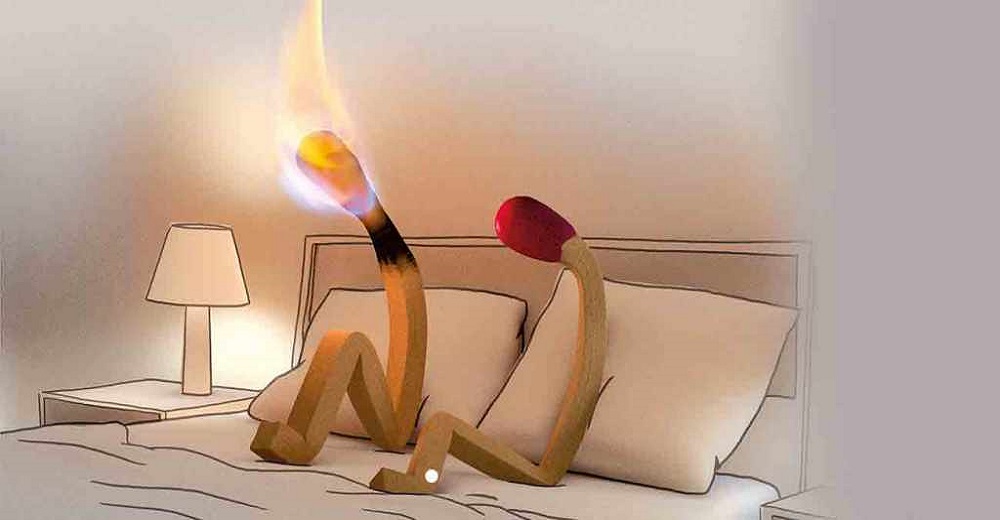Among the numerous social pressures related to sex and sexual health, the duration of achieving male orgasm is one of the most prominent concerns, especially for men.
Although various types of pop singers may sing lyrics about "having sex all night", "having sex all night" is not an exact representation of the actual expectations regarding sex, especially for penetrative vaginal intercourse.
If you find that you take too long to ejaculate during sexual intercourse, you may be suffering from sexual dysfunction such as "early ejaculation" or "delayed ejaculation". These types of dysfunction can occur at any stage of your life due to various reasons. Therefore, if you notice any sudden changes in your body, be sure to learn more about sexual dysfunction and consider seeking medical advice.
Sexual dysfunction is not always the cause of changes in sexual intercourse duration. If you are not satisfied with your sexual function, there are many methods to restore your body to normal. So let's delve deeper into how long sexual intercourse "should" last.
How long does sex usually last?
The specific definition of the average duration of sexual activity seems to have received very limited research attention. However, there are many survey results that allow us to understand how long sexual activity should last for most sexual partners to feel satisfied.
For instance, a study conducted by the Pennsylvania State University found that 3 to 7 minutes of sexual activity is considered sufficient, 7 to 13 minutes is ideal, and 10 to 30 minutes is too long. This means that if you turn on the TV during sexual activity, you should only play one commercial before your sexual activity loses momentum.
Another study investigated the latency period of vaginal ejaculation in couples (that is, the time from when the penis is inserted into the vagina until ejaculation begins). The results showed that the latency period ranged from 33 seconds to 44 minutes, with an average duration of 5.4 minutes. The average value of 5.4 minutes clearly indicates that the expectations created by popular culture for endless high-energy sexual intercourse and erections lasting for several hours are simply fantasies. Moreover, if the erection lasts for more than four hours, it is recommended to seek medical attention.
Premature Ejaculation (PE)
Premature ejaculation is a type of sexual dysfunction, characterized by the inability to delay ejaculation for more than one minute during penetrative sexual intercourse.
As mentioned before, the appropriate duration for sexual intercourse should be at least three minutes. Ejaculation within one minute may not satisfy your sexual partner.
Even so, premature ejaculation may occur for various reasons. Apart from trying again, no further intervention might be necessary. In fact, one-third of men experience premature ejaculation, which means you shouldn't let a single poor performance ruin your self-esteem.

Delayed ejaculation (DE)
Although premature ejaculation is a common problem as it can lead to dissatisfaction among partners, there are also many men who suffer from the inability to ejaculate. This is of the same type of sexual dysfunction as premature ejaculation, while delayed ejaculation refers to the situation where a man needs more than 30 minutes of sexual stimulation to reach sexual climax and ejaculate.
Most people probably hope to enable their partners to reach sexual climax during sexual activity. However, many people fail to realize that their inability to achieve sexual climax might disappoint their partners. Therefore, delaying ejaculation is a situation that requires serious attention.
There are many reasons for DE, including psychological issues such as anxiety or depression. This is similar to premature ejaculation. There may be underlying psychological health problems, and addressing these issues could be helpful.
Many medications can also cause delayed ejaculation, including antidepressants such as fluoxetine (Prozac), antipsychotics such as thioridazine (Mellaril), or blood pressure medications such as propranolol (Inderal). Therefore, if you notice any changes in your sexual ability after taking medication, please consult a doctor without delay.
